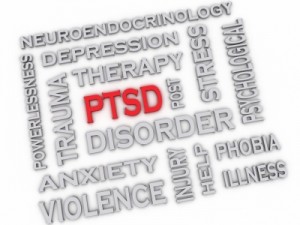Oppositional defiant disorder, or ODD, is a behavioral disorder in children that can be difficult to identify for many parents. Children may be strong-willed or emotional without actually having ODD because it can be normal for children to behave in ways that oppose their parental figures. Though signs typically develop during preschool, there are times when ODD may develop later and cause significant issues related to family, school, work, and socialization.
To be diagnosed with ODD, at least four symptoms must occur from the following categories:









